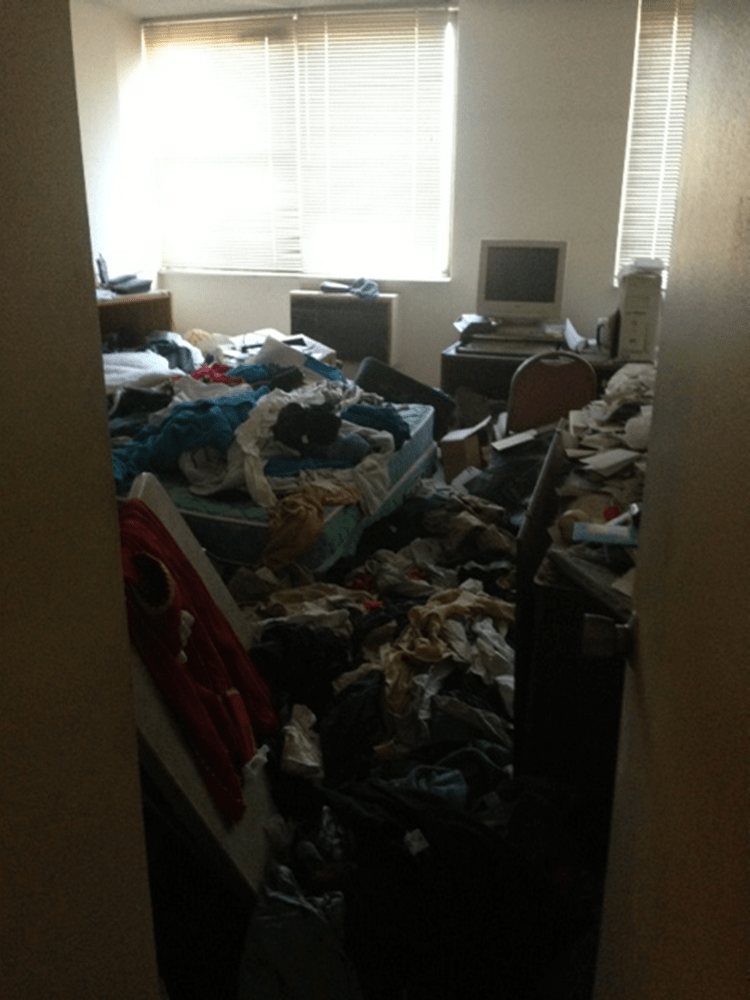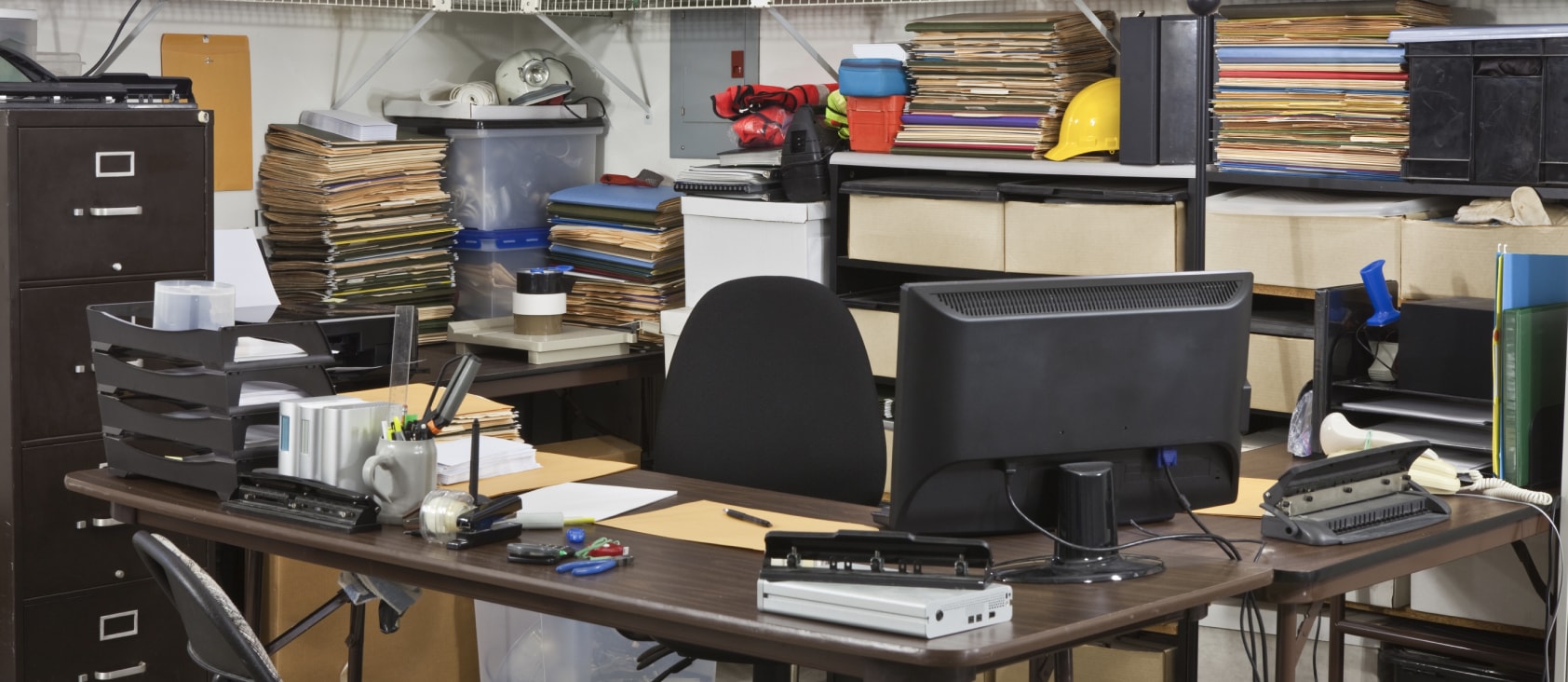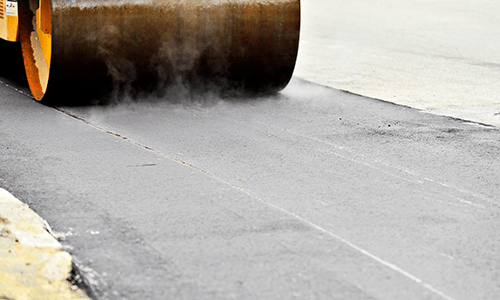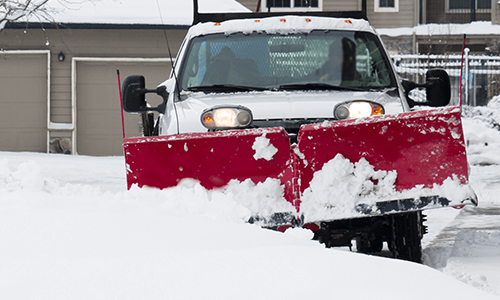Residential Property Management for a Condominium Association has many challenges and Managers have mountains of information passing through our offices on a daily basis. Information and documents needing to be tracked, monitored, answered and eventually filed. There is a lot of paperwork in a Manager’s office; paper is everywhere.
On a regular basis, Property Managers focus on (and in no particular order) Common Elements, Limited Common Elements, Maintenance Schedules, Monthly Financials, Property Inspections, Staff Absences, Capital Projects, Contractor appointments, Endless Packages in Receiving, Board Meetings and Owner’s work requests. All needing immediate attention to ensure the Property is well maintained and the Association’s priorities are met. There’s always something happening and more in line, waiting to get done. Façade Project, Elevator Modernization, Hallway Remodeling, Homeowner Commission meeting. And that’s just on a Tuesday.
Managers process many requests, coming from every direction, appearing in the form of work orders to purchase orders or vendor’s brochures to contractor’s proposals every day. The best-laid plans to tackle paperwork can be instantly thwarted from burst water riser supply lines or a pizza left in a resident’s oven for far too long. But when an emergency strikes, duty calls, and our scheduled tasks are pushed to the side or tossed in the “I’ll get to it later” pile.
Eventually, things slow down, and we get back to our desk, emails needing to be answered, move-in checks to be posted and Board reports are waiting to be written. It’s not difficult to look at everything and think to yourself about one of those “hoarder” shows on TV with a mess everywhere. You look at your desk and realize you have not seen the top of it in a few days – you have to get it cleared. With a little motivation and some uninterrupted time, the to-do pile shrinks and things get put away. At least until tomorrow…
But what if the pile is in a home with a bed that cannot be slept in, or a kitchen that cannot be used to prepare dinner and the table and chairs, cannot be used to serve a meal. Rooms are filled from wall to wall, several feet high, but contain a path for walking from room to room. Imagine boxes filled with corroding batteries, being kept for remote control and a transistor radio that have both been missing for many years and Tupperware sets missing viable matches. Further inside these rooms are USPS bins with ever-growing masses of historic newspapers and magazines waiting to be read… advertisement with fantastic discounts to purchase five cassette tapes for a $1.50… mingling with piles of laundry, empty pizza, and Chinese food boxes, half-drunk 2-liter soda bottles along with overstuffed trash bags full of clean, dirty and even newly purchased and unwrapped clothes… The bathroom tub collecting these things along with encyclopedias, family holiday cards and photos, and dirty kitchen pots missing handles… resting next to a dozen hand-painted dolls, randomly missing everything from shoes to heads… And what if this is a residential unit a condo property you manage? It’s behind closed doors and growing out of anyone’s sight and seriously out of control. What do you do?
Manager’s usually become aware of a resident’s hoarding behavior and their living conditions in a few ways – something from the resident’s unit is affecting the neighbors. An investigation follows reports of leaks, insect infestations, or complaints about foul odors in the halls or adjacent units are common. Once a unit’s unthinkable living condition is identified, the common question a Manager asks is “what can we do?” or “how does the Association deal with the problem?”
Condominiums have several tools and resources available to aid informally addressing hoarding. Usually, the Declarations have a clause citing “Nuisances” and that all owners have a right to equal enjoyment of their property and the common elements. The Association’s attorney can issue a letter notifying the occupant of their “failure to maintain their unit” and listing the legal consequences if compliance is not met and the unit cleaned. The Illinois Condominium Property Act provides, in Section 18.4, the Board of Directors has the power and duty “to have access to each unit from time to time as may be necessary for the maintenance, repair or replacement of any common elements or for making emergency repairs necessary to prevent damage to the common elements or to other units.”
Forced compliance to clean a unit, one that has likely taken a resident year’s get to its current state, is not easily undone by a Judge issuing a ruling in favor of the Association and requiring the occupant correct their living condition. When the occupant’s environment is in grave disarray, it is not an easy task to fix, physically or emotionally. They may be embarrassed and the hoarding behavior could be a symptom of something else and possibly cleaning and ridding of the mess is near impossible.
Many reasons why a person can end up living in conditions that are inhabitable: People age and physical health issues may impact their lives. Often urban elderly are alone and no longer have family or someone around to look in on them and help from time to time. Some people may not have the physical ability to properly care for themselves or their living environments any longer. After things get so bad, they may also fear losing their independence and hide the truth from others and won’t let anyone into their unit to see how they live.
Hoarding behavior is common with individuals diagnosed with a psychological disorders such as depression, or anxiety disorders and influences from alcohol or drug dependence, and a stressful life event can turn a one-time orderly collector of precious things – at least from the perspective of the collector – to the regular and chaotic acquisition of common every-day items they feel are meaningful or have greater purpose later on in their life.
Hoarders are disorganized, and their living areas are crowded and in disarray, whereas a collector may store or display items systematically or might have someone helping to keep the environment clean. But a sudden hospitalization or a bout of physical illness can change a collector’s environment from showcasing their prized possessions to an unsightly state of hoarding. The difference between a messy occupant and a person with a hoarding problem is the effect on how they live and how it will begin to affect others.
Hoarding in a Condominium community affects not just the occupants of the unit, but also the entire building. Compulsive hoarding, in its worst forms, can be a source for health and life safety hazards, such as fires or the propagation of pests (rat, roaches or even bed bugs), and potentially damaging neighboring units from unsanitary conditions including biological waste or sewage backups.
Property Managers have lists of preferred vendors or service providers we can refer to correct such living conditions: Remediation experts can remove trash clean the living environment; Scavenger companies can provide dumpsters to enable disposing of trash from the unit; Plumbers to repair drains or broken fixtures and Exterminators to treat the unit and its neighbors … but we rarely have the knowledge or right resources to help the individual’s emotional and psychological well-being.
Providing recommendations or encouraging assistance to clean a hoarder’s environment is one thing, but getting a person to change their negative behaviors, is another that is outside of a Manager’s scope of services and likely out of their wheelhouse. There are organizations and services that may assist in identifying resources for helping someone address and treat hoarding behaviors; hopefully, the person is willing to get help to correct their behavior.
Some organizations provide resources for both private and public agencies that serve adults or seniors. Self-Neglect is defined as a condition that is the result of an adult’s inability, due to physical or mental impairments, or both, or a diminished capacity, to perform essential self-care tasks that substantially threaten his or her own health. Self-Neglect includes compulsive hoarding. The Illinois Adult Protective Services Program has a 24-Hour Services Hotline: 1-866-800-1409 and the Illinois Department on Aging responds to a Senior Help Line at 1-800-252-8966 or www.illinois.gov/aging




 John Butler
John Butler 
 CAI - Illinois Chapter
CAI - Illinois Chapter 


